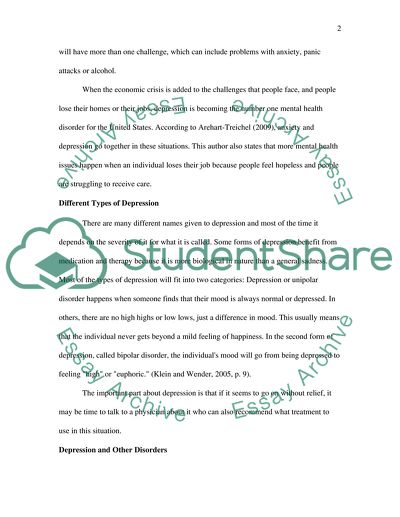Cite this document
(Types of Depression, Its Causes, and Treatment Research Paper, n.d.)
Types of Depression, Its Causes, and Treatment Research Paper. https://studentshare.org/medical-science/1726567-common-mood-disorders-and-mental-health
Types of Depression, Its Causes, and Treatment Research Paper. https://studentshare.org/medical-science/1726567-common-mood-disorders-and-mental-health
(Types of Depression, Its Causes, and Treatment Research Paper)
Types of Depression, Its Causes, and Treatment Research Paper. https://studentshare.org/medical-science/1726567-common-mood-disorders-and-mental-health.
Types of Depression, Its Causes, and Treatment Research Paper. https://studentshare.org/medical-science/1726567-common-mood-disorders-and-mental-health.
“Types of Depression, Its Causes, and Treatment Research Paper”. https://studentshare.org/medical-science/1726567-common-mood-disorders-and-mental-health.


